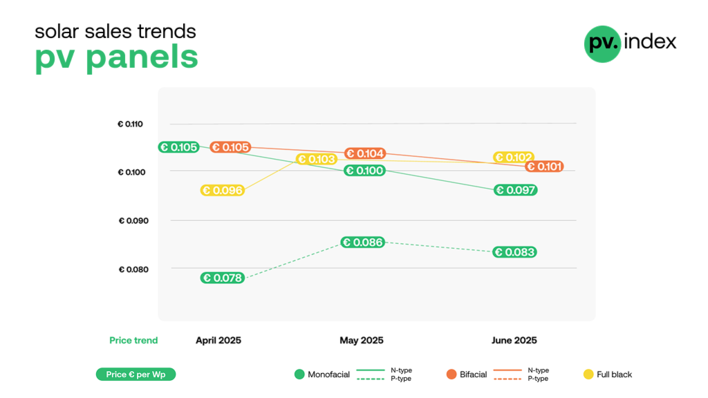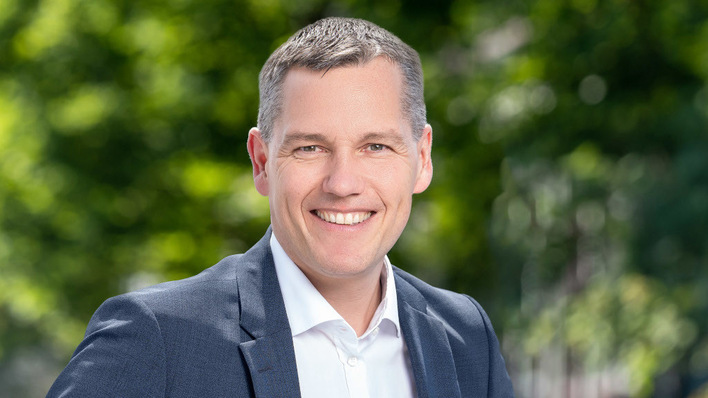The hybrid event (combination of digital and in-person attendance) brings together thought leaders from business and government who aim to consolidate efforts to transition to electric and smarter mobility as well as shining a light on solutions to stimulate the future of mobility, from walking and cycling, public transport, electric vehicles and mobility as a service.
Taxis emit 23% of carbon emissions in Gauteng
“It is important for the National Taxi Alliance to be part and parcel of any conversation that speaks to mobility and smart mobility, so that we too are always evolving and changing and becoming the mobility for future generations in order to ensure that the taxi industry is safe”. This is according to Theo Malele, national spokesperson of the National Taxi Alliance, who will join the panel discussion on 6 October, along with the Gauteng MEC for Public and Roads Infrastructure, Mr Jacob Mamabolo.
Another panellist, Vuyi Majola, the former business manager of SANTACO Gauteng and the current CEO at Ubunye Capital, agrees: “The taxi industry accounts for a large percentage of public transport across Africa, and because of our socio-economic conditions, it is unlikely that this will change in the next 10 to 20 years. It is therefore imperative that taxi bodies engage in conversations that seek to re-imagine, re-shape and where possible, rebuild efficient public transport with the mobility community on as many platforms as possible”. She adds that the introduction of electric vehicles in the taxi industry should be a priority, “as in Gauteng alone 23% of passenger transport carbon emissions come from taxis“.
Electric vehicles as taxis
“We would welcome electric vehicles as long as these will be reliant on renewable energy as we want to protect the environment,” says the NTA’s Theo Malele. He believes the biggest challenge in adopting this technology in the taxi industry would be “to ensure that we are technology savvy, to get all taxi operators to understand the importance of technology and communicate with our passengers to help us improve our service”.
See also: More affordable, clean energy for Africa
Ms Majele sees the lack of infrastructure that supports electric vehicles a big challenge in their adoption. She continues: “Also, the fragmentation that exists in all spheres of government and unclear policy impede any efforts to drive and implement green public transport solutions. On the positive side, the disruption caused by COVID-19 on ‘the normal’ in economies and mobility has presented a big opportunity to reshape the movement of people and goods”.
South Africa EV Car Buyer Survey
“Mobility is moving at a lightening pace, which is why the Smarter Mobility Africa summit is needed each year, even when that means we have to adapt the way the summit is delivered to cater for the changes caused by the pandemic,” says Ben Pullen, the Smarter Mobility Africa Chairman.
Also interesting: Building-integrated PV on the rise in Africa
“Changes are taking place in every mode of transport, from the types of vehicles we use transitioning from petrol or diesel to electric, and in many cases to smaller vehicles, all the way to how we plan our journeys, using mapping and ticketing apps which create a more seamless experience to get from A to B.”
During the event in October, in partnership with AutoTrader, the latest figures of the South Africa EV Car Buyer Survey will be released for insights into car buyers’ perceptions of and preferences around electric vehicles. Pullen explains: “Understanding consumers’ perceptions towards electric vehicles is vital to ascertain what the local market can expect over the next couple of years, and in order to do this, we have been working with AutoTrader to tap into the most active car buyers in the country.”
About Smarter Mobility Africa
Smarter Mobility Africa is organised by Clarion Events and aims to inspire and transform mobility across the continent. Despite the challenges experienced during the pandemic, the gathering has once again taken an unconventional journey by delivering a hybrid event that includes conversations around walking and cycling, public transport, electric vehicles and mobility as a service. (mfo)








